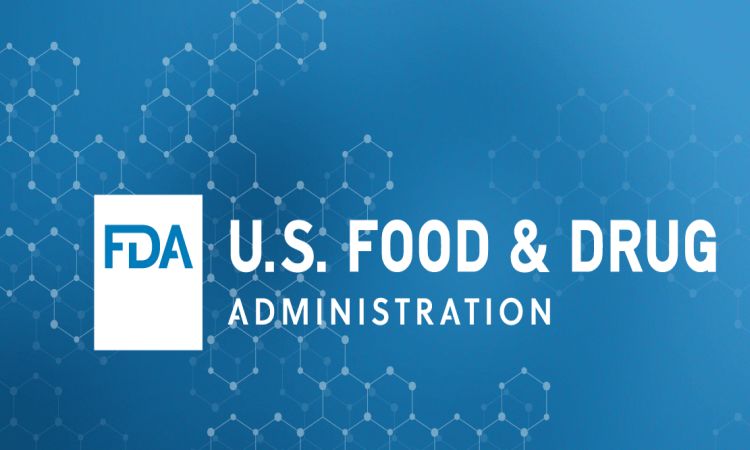Oct. 11, 2021 – The Food and Drug Administration (FDA) will hold a virtual public meeting Nov. 2 to discuss the proposed changes it would like to make during the reauthorization process for the Biosimilar User Fee Act for fiscal years 2023 through 2027 (BsUFA III). The current legislation, BsUFA II, will expire in September 2022; without new legislation the FDA will not be able to collect user fees past that date to fund the review process for biosimilar biological product applications.
The public meeting is part of a statutory process requiring that the agency – after negotiating with regulated industry members – present recommendations to the relevant Congressional committees, publish recommendations in the Federal Register, provide a 30-day public comment period, hold a public meeting, and then, after considering all of the feedback it receives, revise the recommendations accordingly.
The agency already has issued its BsUFA III “commitment letter,” which outlines performance goals, enhanced management of BsUFA resources, and an assurance that these resources “are administered, allocated, and reported in an efficient and transparent manner,” according to the document.
“With uptake of biosimilar drugs having been surprisingly slow, with implications for both patient care and prescription drug costs, the final BsUFA III recommendations will be a key part of the FDA’s strategic plan for the next five years,” noted Jon Bigelow, executive director of the Coalition for Healthcare Communication.
“Under BsUFA III, FDA is committed to ensuring effective scientific coordination and review consistency, as well as efficient governance and operations across the biosimilar biological product review program,” the agency states. The agency plans to continue meeting its current review goals for biological product application submissions.
Some of the key changes the agency is proposing affect the following categories:
- Supplemental applications
- Meeting management
- Communication best practices between the FDA and application sponsors
- Inspections and alternative tools
The FDA wants to expedite the review of supplemental applications by establishing: new supplement categories; three- to 10-month timelines (with shorter timelines allocated for safety labeling updates or labeling updates to add or remove an indication applying to supplements that do not include efficacy data); and supplement performance goals.
In the “meeting management” category, the agency is proposing to modify the biosimilar initial meeting (BIA) to create a new type of meeting – Type 2a – and modify the timing of Type 4 meeting background packages. Under these changes, submission of preliminary comparative analytical data would not be required for a BIA meeting. The Type 2a meeting would allow “quicker discussion on a narrow set of issues … involving no more than three review disciplines or divisions,” a Sept. 22 Federal Register notice states. The current Type 2 meetings would be renamed Type 2b meetings, and the Type 4 meeting background package would be submitted up to 14 days after the FDA receives the meeting request.
Another goal of BsUFA III would be to improve the FDA’s communication with sponsors during the review process.
Following the impact of the COVID-19 pandemic on pre-license inspections, the agency also is suggesting that changes to the inspection process and alternative tools to assess manufacturing would facilitate the timely developments of these products.
Other changes proposed by the agency are related to: advancing the development of biosimilar biological-device combination products; advancing interchangeable biosimilar biological product development; creating a pilot program to further the regulatory science behind reviews, ensuring the sustainability of BsUFA program resources; and establishing a data and technology modernization strategy. Interchangeable biosimilars have been a sticking point with industry and were raised with the agency at many meetings that preceded this step in the process.
STAT reports that “uptake of biosimilar drugs has generally been slow in the U.S. since the first such medicine was approved in 2015,” and cites a statistic from the University of Chicago that although the FDA has approved 30 biosimilars since 2015, “only about 60% have made it to market.” So, it is not surprising to see this addressed in the BsUFA III proposal, which states that “FDA is committed to a focused effort to further advance the development of safe and effective interchangeable biosimilar biological products.”
Registration to attend the public meeting and other information can be found at https://bsufaiii-finalpublicmeeting.eventbrite.com. Following the Nov. 2 meeting, stakeholders may submit comments to the agency by Dec. 2.
The final BsUFA III recommendations will become a part of the 2022 Prescription Drug User Fee Act VII legislation.




